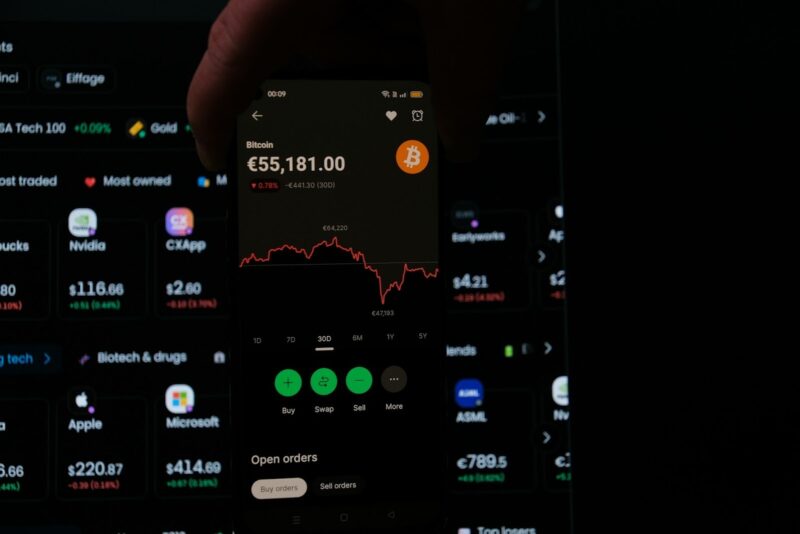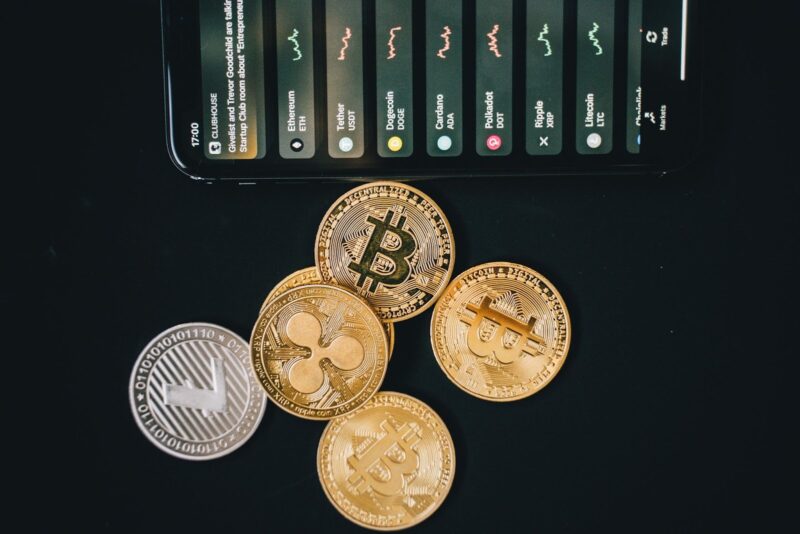Table of Contents
ToggleA DeFi wallet is a digital tool that allows you to securely store, manage, and interact with your cryptocurrencies within the decentralized finance (DeFi) ecosystem. Unlike traditional wallets or those provided by centralized exchanges, DeFi wallets are non-custodial. This means you have full control over your private keys and funds, without relying on any third party like a bank or exchange. It’s all about self-sovereignty and giving you complete ownership of your assets.
However, with great control comes great responsibility. The rise of DeFi wallet scams has made it crucial for users to be cautious when managing their wallets. Scammers often target unsuspecting users through phishing attacks, fake wallet apps, and other fraudulent schemes to steal private keys or recovery phrases. Understanding how DeFi wallets work and how to protect them is essential for safely navigating the world of decentralized finance.
How Do DeFi Wallets Work?
DeFi wallets are designed to connect you directly to decentralized applications (dApps) on blockchain networks like Ethereum, BNB Chain, or Polygon. They allow you to perform activities such as trading tokens on decentralized exchanges (DEXs), staking cryptocurrencies for rewards, lending assets for interest, and participating in liquidity pools.
Here’s a quick overview of how a typical DeFi wallet works:
1. Wallet Creation: You create a wallet by generating a private key and a recovery seed phrase. These are critical for accessing and recovering your wallet.
2. Non-Custodial Access: Only you have access to the private key—no one else. Losing it means losing access to your funds permanently.
3. Multi-Asset Support: Most DeFi wallets support multiple cryptocurrencies and tokens across different blockchains.
4. Integration with dApps: You can connect your wallet to dApps by scanning QR codes or authorizing connections via browser extensions.
5. Token Swaps: Many DeFi wallets include built-in features for swapping one cryptocurrency for another without relying on centralized exchanges.
Key Features of a DeFi Wallet
DeFi wallets come with several features that make them indispensable tools for anyone involved in cryptocurrency:
- Self-Custody: You have full control over your funds and private keys.
- Multi-Chain Compatibility: Leading wallets like MetaMask and Trust Wallet support multiple blockchains, enabling seamless asset transfers.
- Access to dApps: DeFi wallets act as gateways to decentralized applications for trading, lending, staking, and more.
- Lower Fees: Transactions typically only incur blockchain network fees (e.g., gas fees), which are often lower than fees on centralized platforms.
- Privacy: No Know Your Customer (KYC) verification is required, ensuring anonymity while using the wallet.
Common Types of DeFi Wallets
DeFi wallets generally fall into two main categories:
Software Wallets (Hot Wallets):
- These are online wallets accessible via mobile apps or browser extensions.
- Examples include MetaMask, Trust Wallet, and Coinbase Wallet.
- They’re convenient but connected to the internet, which makes them more vulnerable to hacks.
Hardware Wallets (Cold Wallets):
- These are offline devices like Ledger or Trezor that store private keys securely.
- They offer enhanced security but require physical access for transactions.
Risks Associated with DeFi Wallets
While DeFi wallets provide unmatched control and access to decentralized finance applications, they also come with risks:
- Phishing Scams: Scammers create fake websites or emails that mimic legitimate platforms to steal private keys or seed phrases.
- Fake Wallet Apps: Fraudulent apps designed to look like real wallets trick users into depositing funds that scammers can then steal.
- Private Key Loss: Losing your private key or recovery phrase results in permanent loss of access to your funds.
- Smart Contract Exploits: Vulnerabilities in dApps connected to your wallet can lead to unauthorized transactions.
How to Avoid DeFi Wallet Scams
Protecting your wallet from scams requires vigilance and following best practices:
1. Verify Sources: Only download wallet apps from official websites or app stores. Avoid clicking on unverified links.
2. Beware of Phishing Attempts: Always double-check URLs and email addresses before entering sensitive information. Never share your private key or seed phrase.
3. Use Hardware Wallets for Large Funds: Store significant amounts of cryptocurrency in hardware wallets for added security.
4. Enable Security Features: Use two-factor authentication (2FA) and biometric authentication where available.
5. Research dApps Before Connecting: Make sure any dApp you connect your wallet to is reputable and secure.
Benefits of Using a DeFi Wallet
Despite the risks, DeFi wallets offer numerous advantages:
- Full Control Over Assets: You retain complete ownership of your funds without relying on intermediaries.
- Access to Early Projects: Many new tokens and projects launch exclusively on decentralized platforms accessible through DeFi wallets.
- Interoperability: Leading wallets support multiple blockchains, making it easy to transfer assets across networks.
- Enhanced Privacy: Transactions are pseudonymous, ensuring user anonymity while maintaining transparency on the blockchain.
Choosing the Right DeFi Wallet
When selecting a DeFi wallet, consider these factors:
1. Security Features:
- Look for features like 2FA, biometric authentication, and encryption protocols.
2. Ease of Use:
- A good wallet should have an intuitive interface suitable for both beginners and advanced users.
3. Compatibility:
- Ensure the wallet supports the blockchains and tokens you plan to use.
4. Reputation:
- Choose wallets developed by trusted companies with open-source code for transparency.
Popular options include MetaMask for Ethereum-based dApps, Trust Wallet for multi-chain compatibility, and Ledger for cold storage.
The Future of DeFi Wallets
As decentralized finance continues its rapid growth, the demand for secure and user-friendly wallets will only increase. Innovations in wallet technology are focusing on improving security measures while enhancing usability. Features like multi-signature authentication, integrated Web3 browsers, and better interoperability between blockchains are becoming standard.

Education around safe practices is also becoming more important as more people enter the DeFi space. By staying informed about potential risks like phishing scams or fake apps, users can confidently explore the opportunities offered by decentralized finance without falling victim to fraud.
Conclusion
A DeFi wallet is an essential tool for anyone looking to participate in decentralized finance activities such as trading tokens, lending assets, or earning rewards through staking. While these wallets empower you with full control over your funds, they also come with responsibilities—especially when it comes to security.
The rise of DeFi wallet scams highlights the importance of being vigilant when managing your digital assets. By choosing reputable wallets with strong security features and following best practices like safeguarding private keys and verifying sources, you can minimize risks while enjoying all the benefits of decentralization.
As the world of DeFi evolves, so will its tools and technologies—making this space an exciting opportunity for those who prioritize safety while exploring innovation!
***






